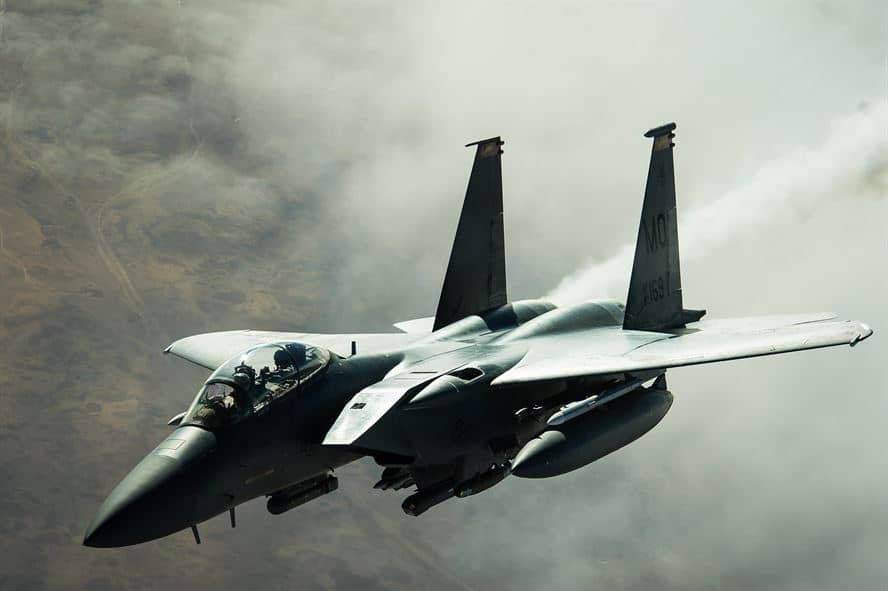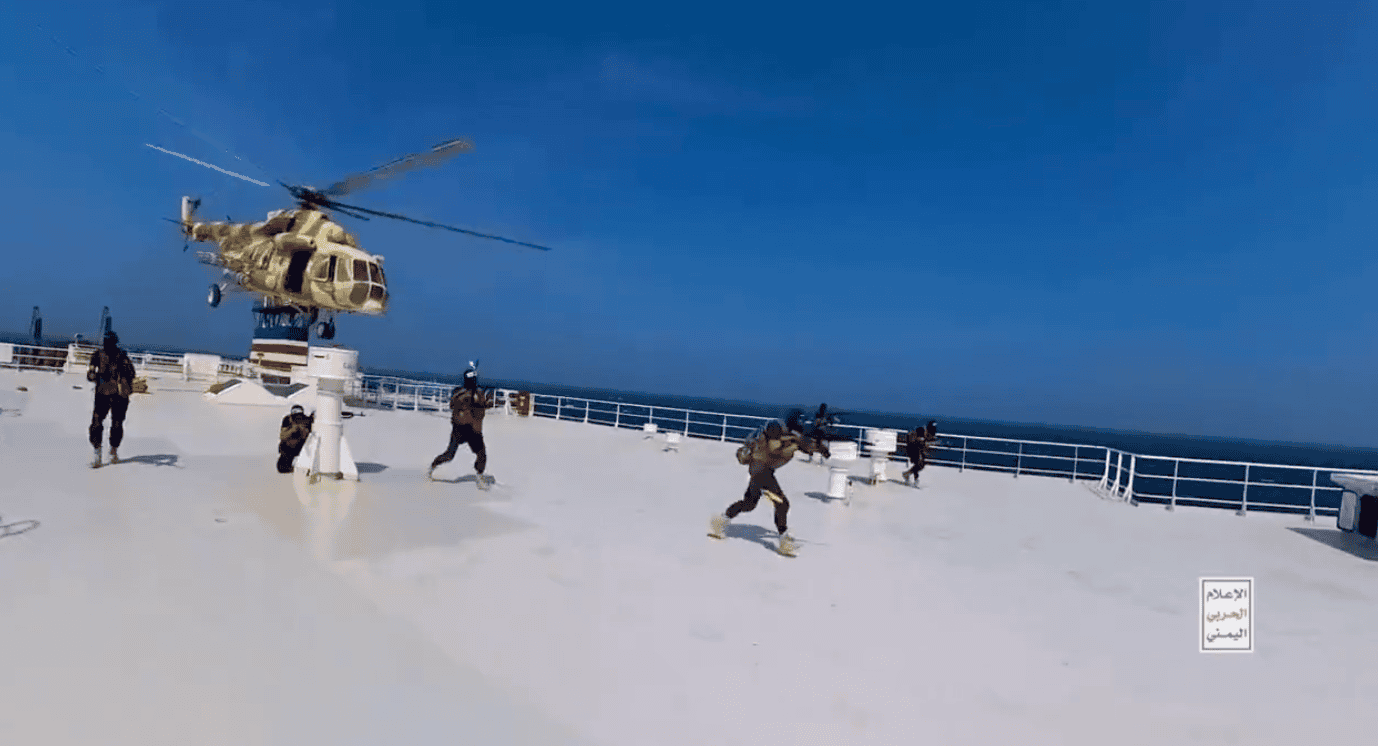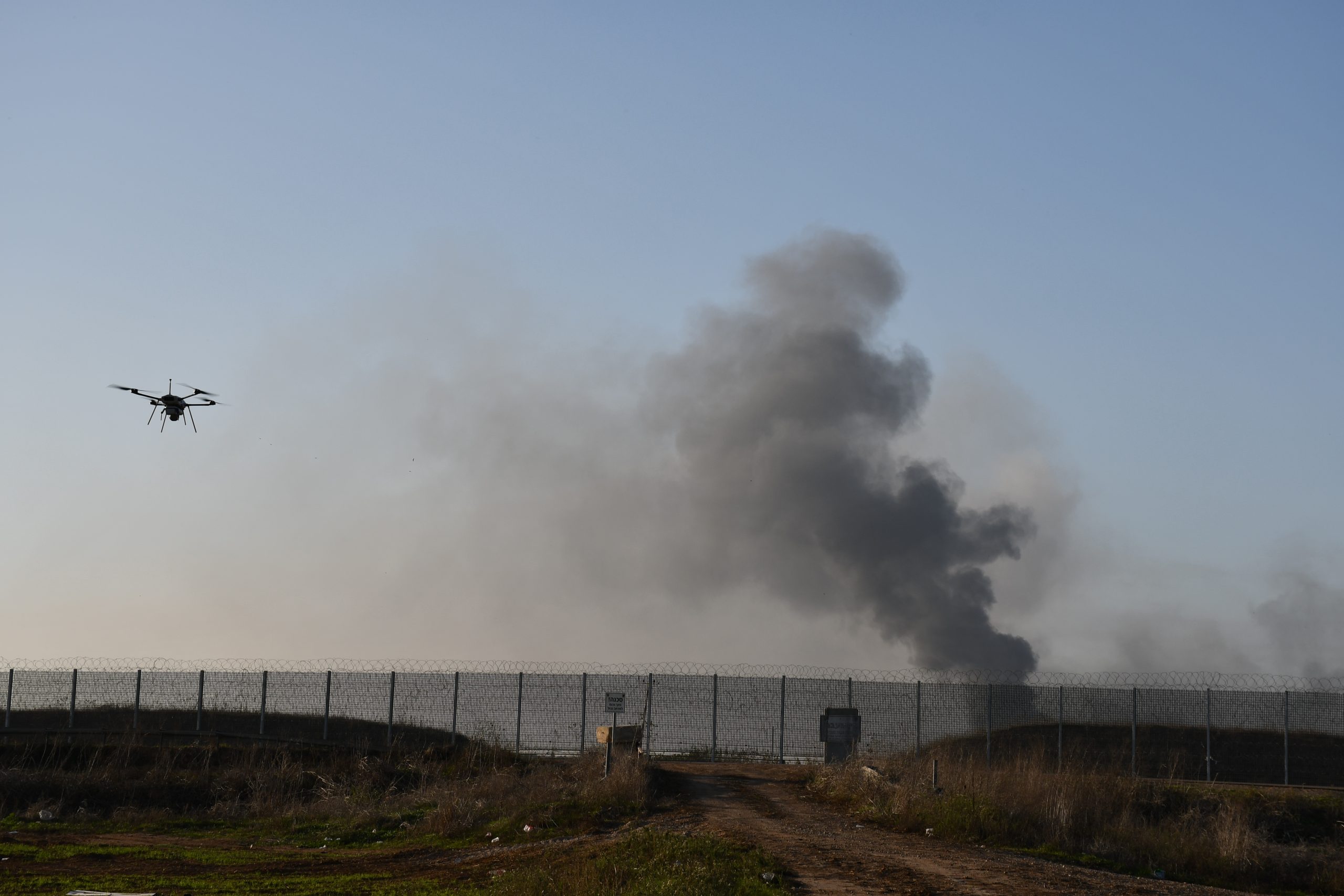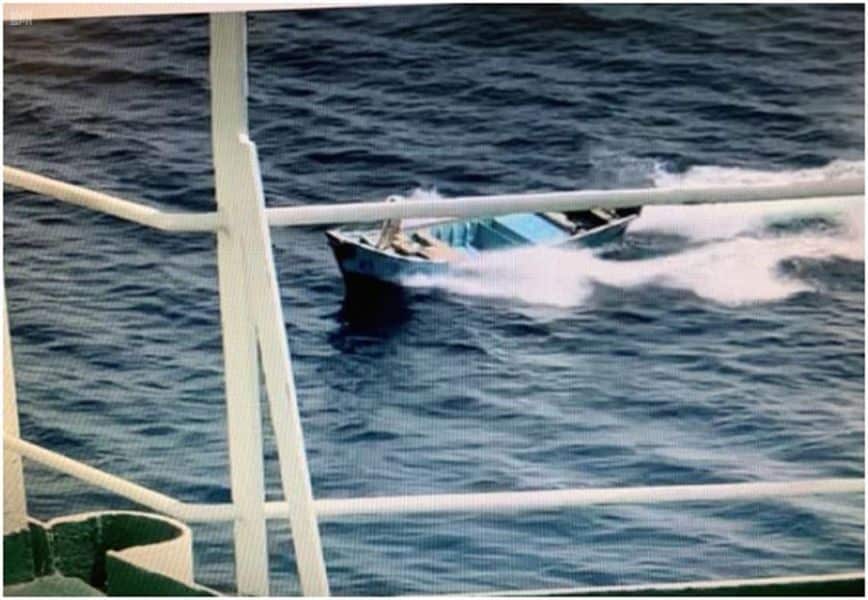
U.S. targets Houthi anti-ship missiles in “self-defense” strikes
The attacks against Houthi missiles are no longer being conducted under the aegis of an international coalition, but directly by the U.S. military.

The attacks against Houthi missiles are no longer being conducted under the aegis of an international coalition, but directly by the U.S. military.

As the Houthis defy the international coalition thatis struggling to keep the Red Sea open to commercial shipping, the Iranians launched a ballistic missile strike on what it claimed was Israeli intelligence assets in Irbil, Iraq.

The Houthis have launched three strikes, including one against a U.S. warship, since the U.S. and U.K. attacked Houthi military targets on Jan. 11 in an effort to restore deterrence. The Houthis have not been deterred.

Bill and Behnam unpack the details they’ve been able to gather so far surrounding the U.S. and UK-led coalition strikes against Houthi targets inside Yemen and discuss whether this will restore deterrence. Accurate preview courtesy of Behnam: “We like to say ‘freaky Fridays’ here [we do not] — it can’t get freakier than the first-ever, historic use of force since October 7 by the U.S. and UK against the Houthis.”

After nearly two months and 27 Houthi strikes against merchant vessels and U.S., British and French warships, the U.S. and United Kingdom launched a series of attacks against Houthis military sites.

One week after threatening the Iranian-backed Houthis for targeting international shipping, the U.S. led coalition has failed to back up its words with deeds. Houthi attacks continue unabated.

Bill and Behnam unpack this week’s headlines from the Middle East, including the assassination of Hamas deputy Saleh al-Arouri; the U.S. strike that killed Iran-backed militia commander Abu Taqwa Al-Saedi in Iraq (and subsequent drama with the Iraqi government); the U.S.-led coalition dubbed Prosperity Guardian’s “final warning” to the Houthis; and the ISIS bombings at a memorial in Kerman, Iran for slain IRGC-QF commander Qassim Suleimani.

The Houthi attacks “constitute a significant international problem that demands collective action.” The Houthis said that the attacks will continue.

The IDF says it is in a high state of readiness in the wake of the killing of Hamas deputy leader Saleh al-Arouri in Lebanon on January 2. Israel did not take responsibility for the killing, but pro-Iranian groups like Hezbollah have blamed Israel. Meanwhile, Red Sea tensions increased with the Houthis continuing to target commercial ships.

Bill is joined by CDR Salamander to discuss the coalition announced today by U.S. Secretary of Defense Lloyd Austin during his trip to the Middle East. The coalition — made up of the UK, Bahrain, Canada, France, Italy, Netherlands, Norway, Seychelles and Spain in partnership with the US — was formed with the objective of “ensuring freedom of navigation in the Red Sea” following the recent uptick in Houthi aggression and attacks in the southern Red Sea and Gulf of Aden area.

Not only have the Houthis utilized this tactic more in recent weeks, but the insurgency has also exported the drones to the Arabian Sea.

Since 2015, the Houthi insurgency in Yemen has claimed dozens of attacks on ships in the Red Sea. FDD’s Long War Journal has mapped these strikes.